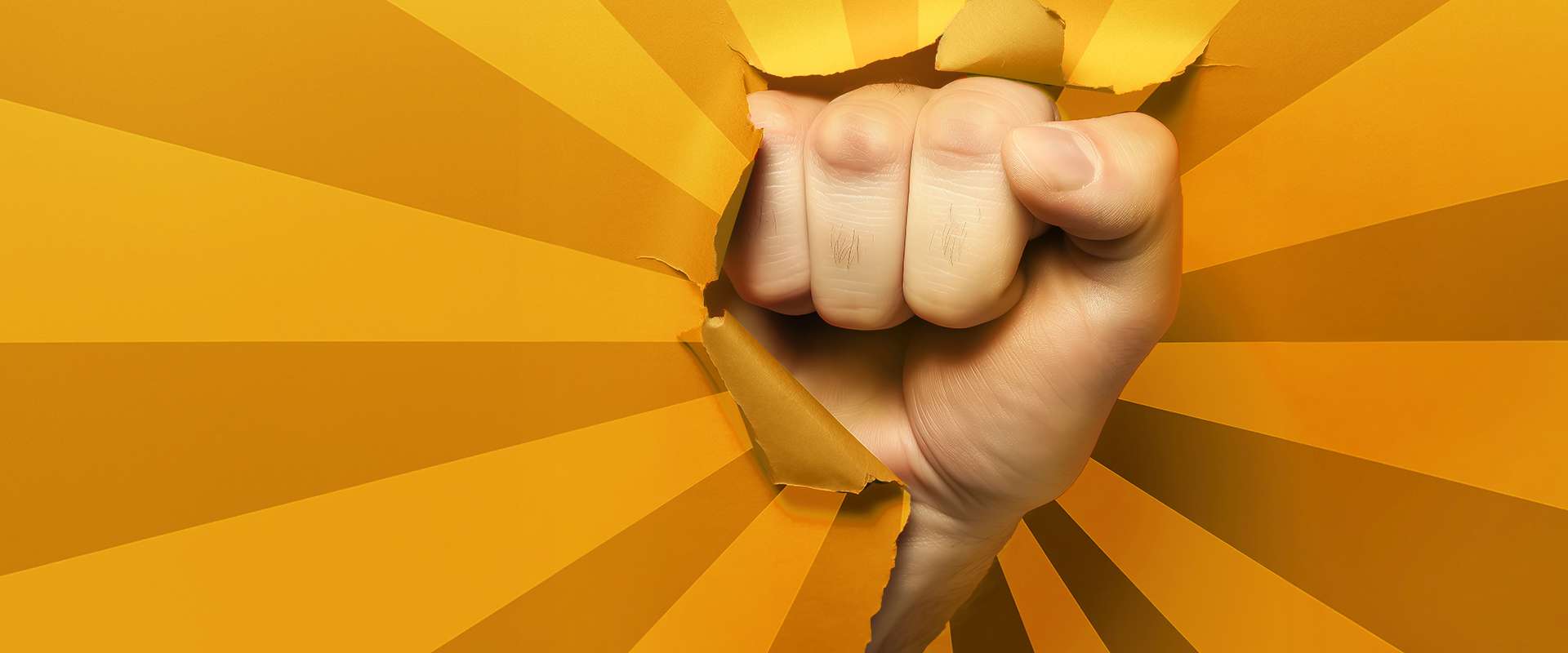50 - What's missing?
subtitle50
Ein Beitrag von Klaus An article by Klaus Unterberger, ORF Public Value.
Anyone old enough can remember. There used to be "Teleobjektiv", "Club 2", the "Alpen- und die Arbeitersaga", "Ohne Maulkorb", "Prisma", "Argumente" on ORF. Socially critical, provocative, irritating, experimental, counter-mainstream, controversial, close to the people - often to the loud protest of the governing parties.
People say I'm nostalgic, glorifying the "good old days". But I miss them: the controversial people with their constant criticism, their often radical ideas and their constant calls for "more democracy". And especially the ORF moments: The erratic "Kottan" and the rabble-rousing "Mundl". The sunken car on "Wünsch Dir was". The crooning voice of Claus Gatterer and the gentle timbre of Axel Corti. The enigmatic smile of Trautl Brandstaller and the stern tone of Helmut Pfitzner. In between, the frenzied reporter Hugo Portisch. Kuno Knöbl with his mischievous look and Walter Schiejok, always close to the people. The state operetta that made the establishment swoon. Not a year without scandal. Not a year without rebellion. Oh, it was beautiful. Uplifting and stimulating. Public law in its purest form.
Of course, the rebels of yesteryear had something that is sorely lacking today: money. Resources. Budgets. The very means to produce a provocative documentary, a new series, to invent an unconventional feature film, to dare a risky experiment. Today we live in a world in which "cost cutting" sets the pace of development. Politicians, who distribute money with grand gestures, demand that the ORF downsize. When they tighten their belts at Ballhausplatz, the journalists (not only at Küniglberg) are left breathless. And we are getting used to working from home, where we no longer discuss our work excitedly but deliver it to our mailbox. The world of work is increasingly becoming a game of Tetris: what doesn't fit is disrupted, what does fit fits in and disappears. As quickly and silently as possible.
It is therefore promising that ORF is now thinking about its future and rethinking its strategy. Nothing stays the same. This is all the more true in times of digital disruption. However, those who are regarded as innovators in the digital economy - Google and co. - also make it clear that not every innovation is progress. Shopping from the comfort of your sofa at the price of handing over your personal data? News at the touch of a button from the source of unverifiable and untrustworthy algorithms? Fascinating visual worlds of artificial intelligence at the price of hidden manipulation? Outsourcing in order to be weaker in the end? Saving money at the expense of quality? Isn't there a contradiction here?
Couldn't it be that quality is not created by demanding it wholeheartedly and cutting resources at the same time? Is it possible that journalism is not a free sample? That not too many, but too few people work in journalism? That trustworthy news needs to be checked by people (and not by Elon Musk's AI)? Netflix does not produce its films with shells. Politicians' official cars don't run on sewage. The construction industry is not paid with DKT money. Why should quality journalism in particular be a downsizing project? Why should 3,065 ORF employees be blamed for the salaries of 62 stars and managers when the pay slips of all other industries are kept under lock and key? With a view to media production: What will actually increase if we don't replace what is missing? What is lost when downsizing is ramped up at the pace of the ever faster Tetris game? What is wrong with reminding society that the media industry and quality journalism naturally also need resources? If 5-star luxury hotels are systemically relevant, isn't quality journalism? Perhaps the right questions are simply missing.
The fact is: if you want quality and innovation, you don't need less money, but more, not more efficient adaptation to circumstances, but occasionally contradiction, above all a free space for critical minds, the ideas of nerds and naysayers, the protest of the unruly and critics. Perhaps we should disagree with those who expect the media to generate as little cost as possible and to be most controllable when the umbilical cord is short. When it comes to the quality of the media and public discourse as the basis for the success of democracy, perhaps we should play something other than Tetris and - with a view to the past - demand what is missing.
Unterberger, ORF Public Value.
#corporatevalue
